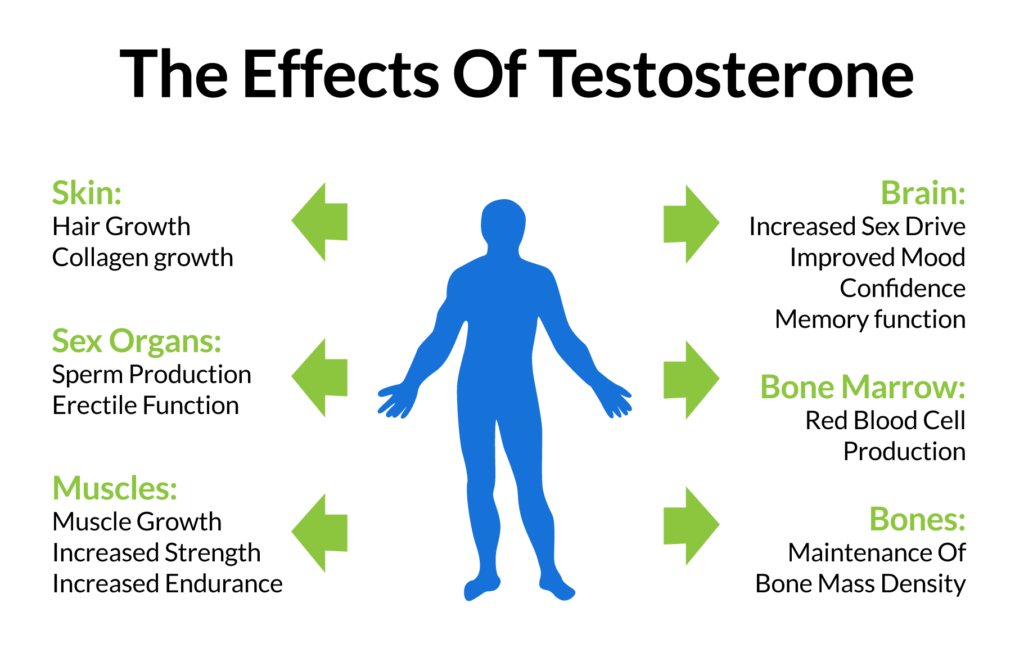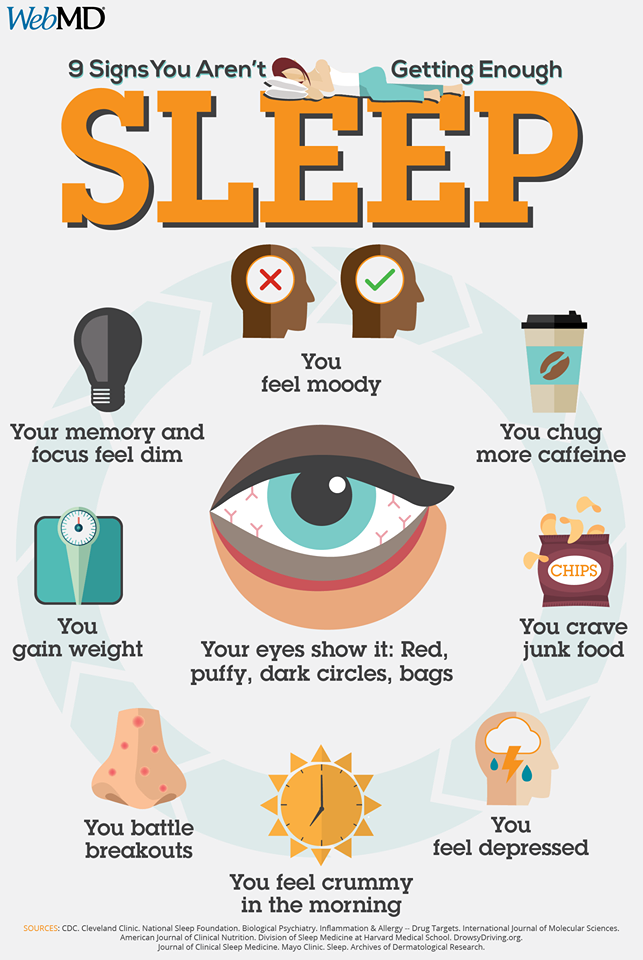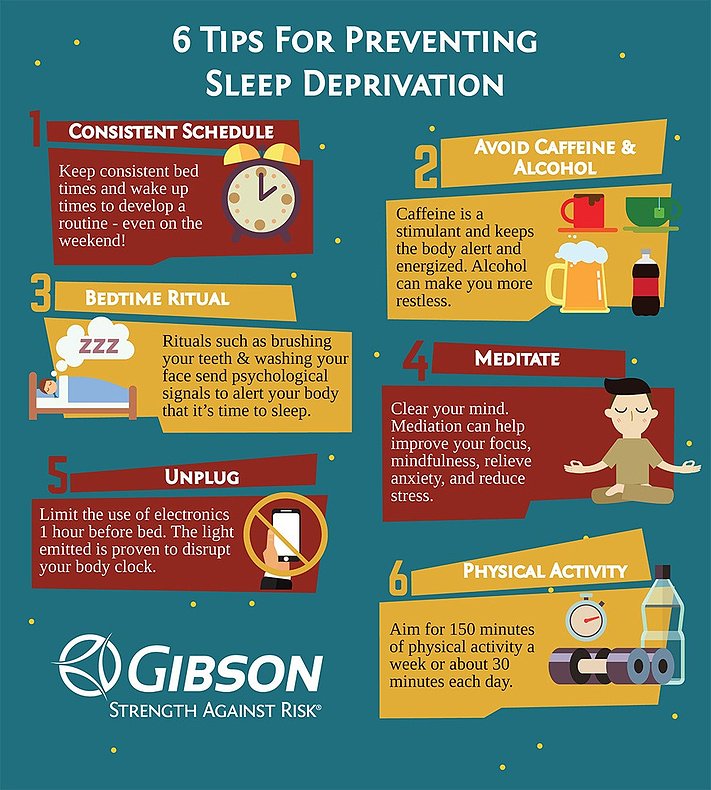Some say “Even when sleep is concerned, too much is a bad thing” while others say “Sleep like a baby”. How is this relevant to muscle building? How can sleep affect your bodybuilding goals? Does it impact your testosterone levels?
Testosterone is a hormone produced in the testes and adrenal glands. When released, it enters into the bloodstream and travels through the body. Testosterone can vary widely within a large natural range. Ideally, a healthy male should have 280 to 1,100 nanograms of testosterone per deciliter (ng/dL).

Does sleep affect your testosterone levels?
Sleep Affects Testosterone Levels
In a study in the Journal of the American Medical Association, researchers conducted an experiment to check testosterone levels in a group of 10 healthy men after 7 days of normal sleep and 7 days of sleep loss.
For the first 7 days, the participants slept for 8 hours a day. The next week, they enjoyed 10-hours of sleep for 3 days and 5-hour sleep for the next 4 days. The study showed a 10-15% drop in testosterone levels during the week of sleep loss compared to the period of good sleep.
Statistics in the USA has shown that 15% of adult workers get lesser than 5 hours of sleep every night. This study shows that this kind of continuous sleep loss can have a negative effect on testosterone and men’s overall health.
Importance of Sleep for Testosterone
If you are into maintaining a fit body through workouts and healthy life, you would know that protein is important, carbs are needed for energy and supplements like amino acids help in recovery– but you probably would not have thought about your natural testosterone levels.
Studies all over the world have seen a direct correlation between men with sleeping disorders and low testosterone levels.
It is an accepted convention that men require 7-8 hours of sleep, although some experts will agree that 9-10 hours is best for amplifying testosterone. Moreover, by lack of sleep, we are not referring to an extreme number stretching over months. A simple reduction of 4-5 hours of sleep in a week can show a 10-15% decrease in total testosterone production.
How does sleep affect your body’s ability to function optimally?
#1 Healing
In case of damage to the tissue, a healthy body will send nutrients, white blood cells and cytokines to the affected area. But if your body is stressed, it will release Adrenaline that prevents cell division needed for healing. Enough sleep and a relaxed nervous system help in quick recovery and reduction of stress.

#2 Mental Recovery
You may have noticed a slump in your energy and moodiness when you do not get enough sleep. It also causes diminished alertness, cognitive performance and decision-making abilities.
#3 Obesity
Of course, improper diet and lack of exercise are the primary causes but it may surprise you to know that sleep is one of the factors causing obesity. Insufficient sleep changes the metabolic profile of your body leading to insulin resistance, increased hunger levels and decreased satiety.
#4 Hormonal Balance
- Cortisol and adrenal hormones – While stress is no good, your body must always be prepared to release Cortisol and catecholamines during that situation. By raising blood pressure, increasing your breath and inhibiting insulin secretions, these hormones can help your body deal with stress and return it to a normal stage. If you are sleep deprived, your body will not be able to produce these hormones properly.
- Thyroid Hormones – In a sleep-deprived person, the thyroid function sharply increases causing a hyperthyroid-like presentation. In addition, you do not want your thyroid to malfunction as it affects your weight, fat storage, skin quality, energy, heart function and metabolic rate.
- Sex Hormones – Sleep restriction, however, affects sex hormones of both women and men. Lower levels of testosterone are observed when sleep is restricted in the first half of the night.
#5 Depression:
While there are so many factors linked to depression, in fact, research has not been able to pinpoint a cause of this mental health disease. A paper presented at the annual SLEEP meeting this year presented a connection between poor sleep and depression.
A report in Men’s Health lays out the below alarming statistics: “13 per cent of those who suffer from insomnia have reported thinking about suicide or having tendencies of wishing they were dead. Only 2% of the insomnias slept perfectly well.”
#6 Low testosterone
Sleep loss can exacerbate or bring about Hypogonadal symptoms sooner. Men with so-called “low T” experience a range of hypogonadal symptoms. These include erectile dysfunction (check below at #8), decreased muscle mass, reduced libido, and problems with sleep.
#7 Infertility
Poor sleep worsens the case of low testosterone, which as you may know, causes issues with infertility. This may present itself in the ways of low semen density and decreased “motility” count.
#8 Erectile dysfunction
An inability to maintain proper testosterone levels can lead to problems with erectile dysfunction (also referred to as ED). Getting fewer than 8 hours of sleep per night changes the levels of hormones in the bloodstream.
If you are trying to be stronger or lose weight, having low testosterone can hamper your success.
What Keeps Men From Getting Enough Sleep?
Lack of awareness
Many men view sleep as an annoyance as it cuts in the time they can be productive. They get used to sleeping less and do not realize the impact it can have on your health and hormones.
Career
Men are conditioned to disregard sleep in favour of their career. You may want to work later than everyone, come in early to work, check emails at night and reduce your ‘me-time’.
While this may pay-off at work in the short run but in the long run, the stress can have harmful effects such as a mental breakdown, weak immune system and even death in the worst case.
Life Changes
Life is so uncertain and in a man’s life can be full of difficulties. Whether you are off to college, getting married, having a baby or changing a job, you may begin to neglect your sleep.
Medical Issues
If you have been suffering from inadequate sleep for months with no improvement, it may be a sign of some other medical condition like epilepsy, heart disease, respiratory diseases among others. Visit your doctor to get checked and start treatment accordingly.
Signs that you are not getting enough sleep
- You feel lethargic and lack energy during the day since you start gaining weight.
- You have a hard time remembering things or concentrating on tasks so face challenges with memory and your focus feel dim.
- You feel unmotivated and have trouble working, battle workout and even small day to day activities.
- You are irritable, have a negative outlook or lose your temper quickly making you moody throughout the day
- You find it hard to wake up or feel crummy in the morning
- Your eyes show it, usually, dark circles can be seen around your eyes.

Now that we are certain about the direct influence of sleep on T-levels, let us learn how to increase testosterone levels by making changes in your sleep.
How to improve your sleep for higher testosterone levels?
- Keep to a consistent schedule which includes waking up on time. Do not forget to implement it on weekends also.
- Say no to caffeine and alcohol since they make you more restless.
- Meditate enough. It helps you to improve your focus, keeps you mindful, relieves anxiety and reduces stress.
- Stop using your mobile phones or any electronic gadget sixty minutes prior to sleep as it distracts you and disturbs your body clock.
- Try to work out at least 30 minutes a day to keep your body physically active and healthy

Keep to a schedule
Your brain loves routine. In fact, it needs a routine in order to sleep well. Pick a standard wake-up and sleep time, and try to deviate from them as little as possible. For instance, I normally go to sleep at midnight and wake up at 8 AM.
This puts your brain into a mild sleep deficit- not bad enough to ruin your next day but enough to make it want to get back onto your usual schedule, rather than changing to a new one. You can take a nap that afternoon if you need to, but the next day you should be back to waking up at your usual time.
In theory, you would eat, exercise, go to sleep and wake up at the exact same times every day. In practice, of course, life does not work that way. The mistake people make here is in treating consistency as all or nothing- either sticking perfectly to a schedule or throwing it out the window altogether.
Follow a good morning routine
Quality sleep is not just, about what you do at night. It is linked to your body’s circadian rhythms, which means that good sleep is affected by what you do throughout the day- from the time you wake up.
Firstly, you should aim to wake up when your sleep is at the lightest phrase instead of when you are in REM sleep. Ideally, this should happen when you wake up on your own. Maybe this can explain why you feel groggy and irritated when an alarm clock wakes you up.
We understand that it is not possible to wake up on time without an alarm. So if you have to use one, use a smart alarm clock app for your smartphone.
These apps personalize your body clock and choose an optimum wake up time by recording your sleep times and movement at night using an accelerometer on your phone.
Feed your brain light cues
One of the reasons why many doctors suggest taking a morning walk is that sunlight and vitamin D signals to the brain that it has time to be active and awake. Since ancient times, the human brain has depended on the light of the sky to determine the time of the day.
Therefore, we would recommend that you nudge your brain into a sleeping pattern by exposing yourself to extremes of light and darkness. This means spending some time under blue light during the day lots of blue light during the day and dark light at night.
One easy step you can take is light proofing your room. You can use blackout curtains or black sheet to block light from outside from entering your sleeping area.
Secondly, reduce the amount of exposure to blue wavelength for a few hours before you sleep. Many apps online will redden your screen in the evenings. You can achieve the same effect with a pair of amber or orange-tinted glasses or goggles.
Get the right kind of exercise
Any kind of physical activity, especially working out, can help you sleep better. However, for some people, sleep may be deep one day but inadequate the next. To those, we would say that exercise does not have to be exhausting; it just needs to be effective. I have seen my sleep to be deeper and longer when I perform an hour-long workout involving iso-lateral movements such as dumbbell rows, Bulgarian split squats, and one-armed dumbbell overhead presses. Instead of completely overhauling your workout routine, simply incorporate 4-6 sets of iso-lateral movements in each workout.
Of course, you may not work out every day. In that case, try to use a standing desk at work or alternate between periods of sitting and standing often.
The importance of evening nutrition
The food that you consume in the evening plays a significant role in determining the kind of sleep you will enjoy. Research has shown that food consisting of high cholesterol affects your levels of sleep.
Consume fewer cortisol foods in the night as that will help you sleep better at night, and it will promote the replenishment and recovery of the low testosterone level during your night sleep. There are several foods and herbs that boost testosterone levels naturally in the body when consumed in the right amount and balance.
Sleeping aids
If none of the above tips has given you relief, you can turn to medication such as sleeping pills, testosterone boosters and natural medicine in the form of essential oils.
Of course, before going on any kind of medication, it is best to seek the advice of your doctor.
Conclusion
By now, you may have understood that sleep is one of the most important but underrated aspects of any training regimen. You will always hear people talking about what you should lift, how you should eat but not enough attention. In society today, sleep is treated as an inconvenience. You might have heard of the phrase ‘Some people dream of success while others stay awake to achieve it.”
We need to trust our body and evolution guys! The body would not need sleep if the benefits did not outweigh the costs. We have seen that sleep has a big effect on muscles by raising testosterone.
The bottom line is that testosterone levels significantly affect the entire strength training process. There is so much talk about injecting testosterone as a steroid to increase muscle mass and strength but for natural athletes, getting adequate sleep can double testosterone levels if they were previously low. It is time for men to value good sleep as an important part of good overall health. Just like, you have goals in your career and the gym; try making it a goal to achieve 8 hours of good sleep every night. This will do more than decrease your hospital bills but will lead to better overall health and wellness, a good mood, and a better outlook on life.
